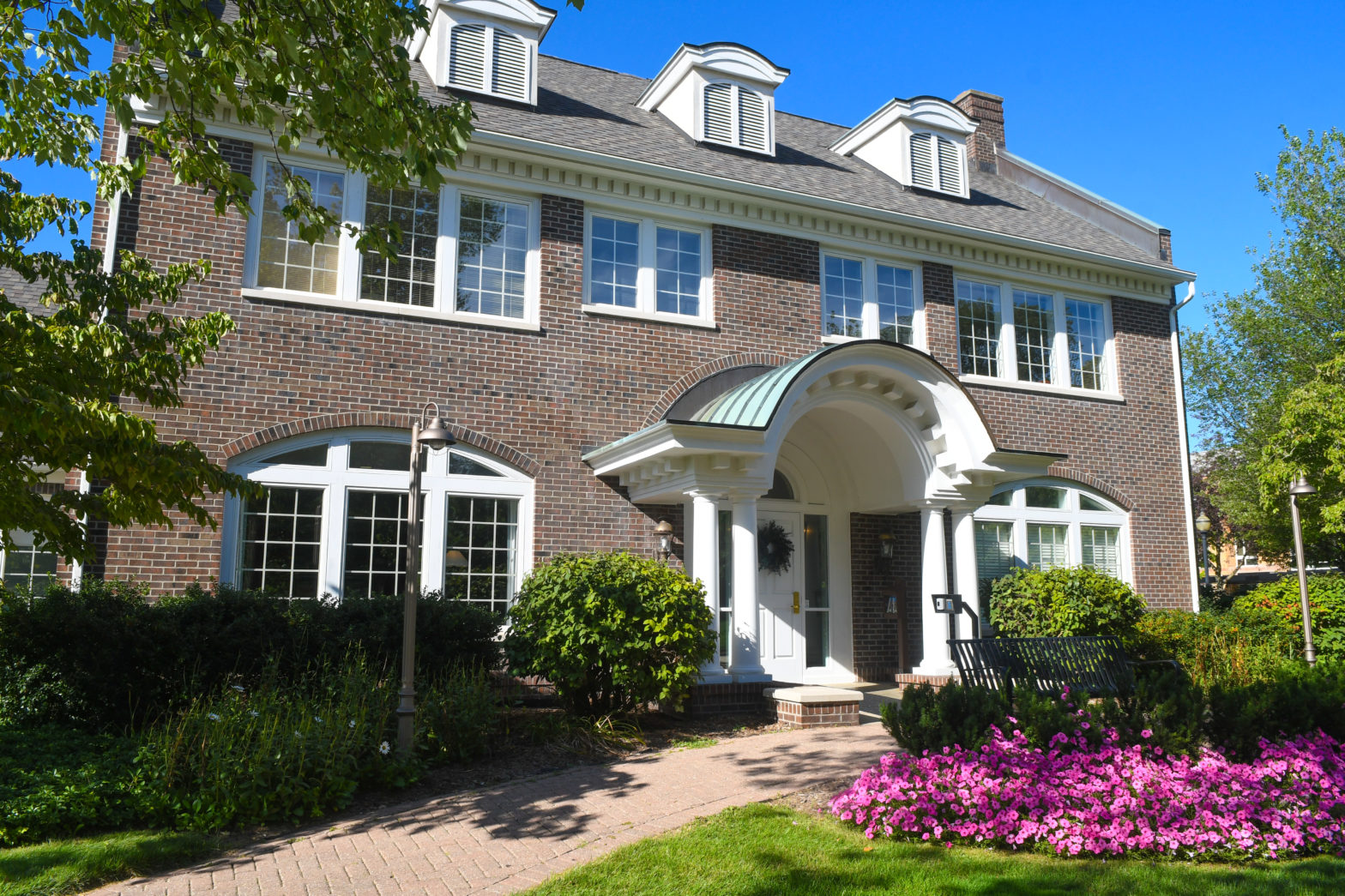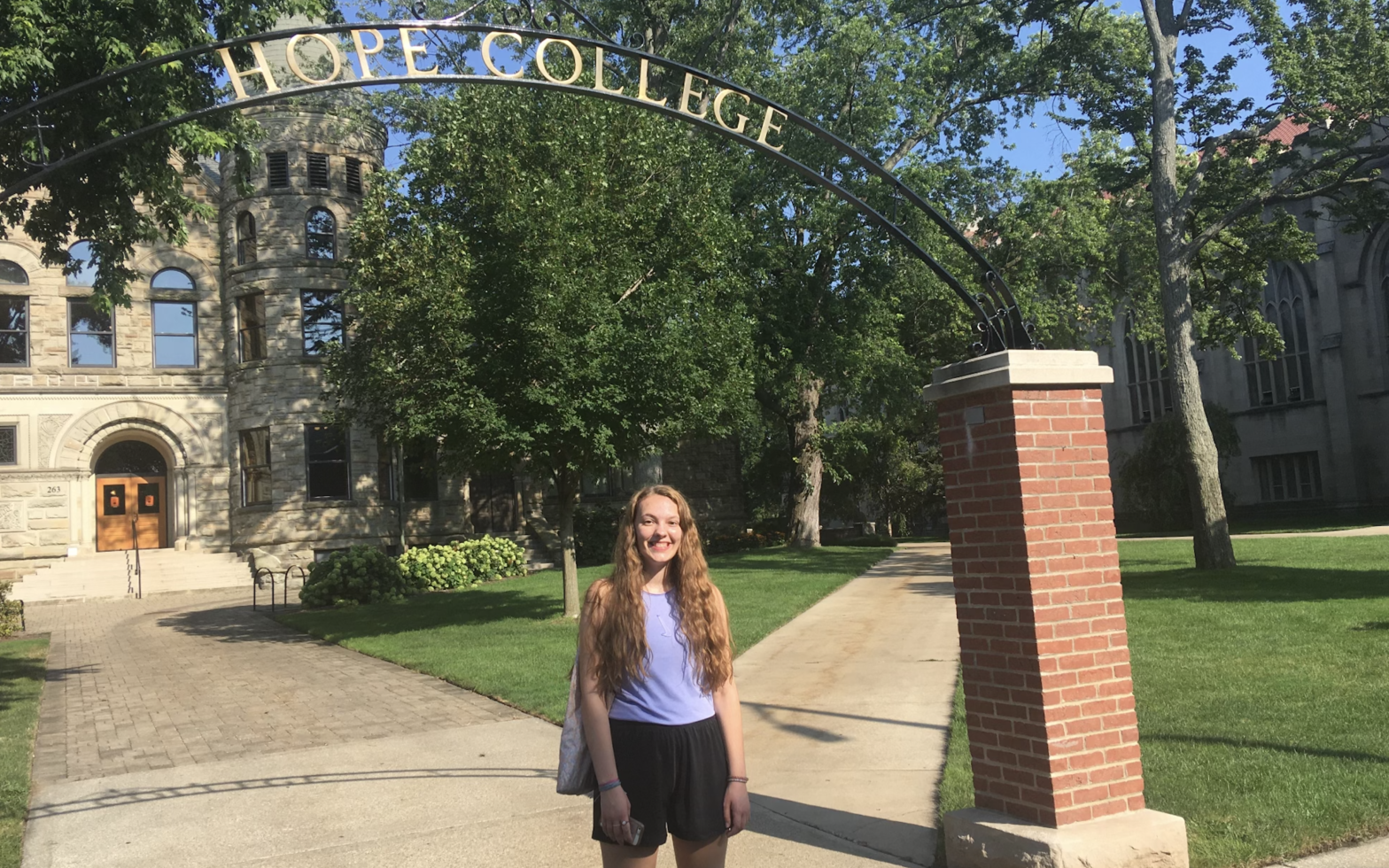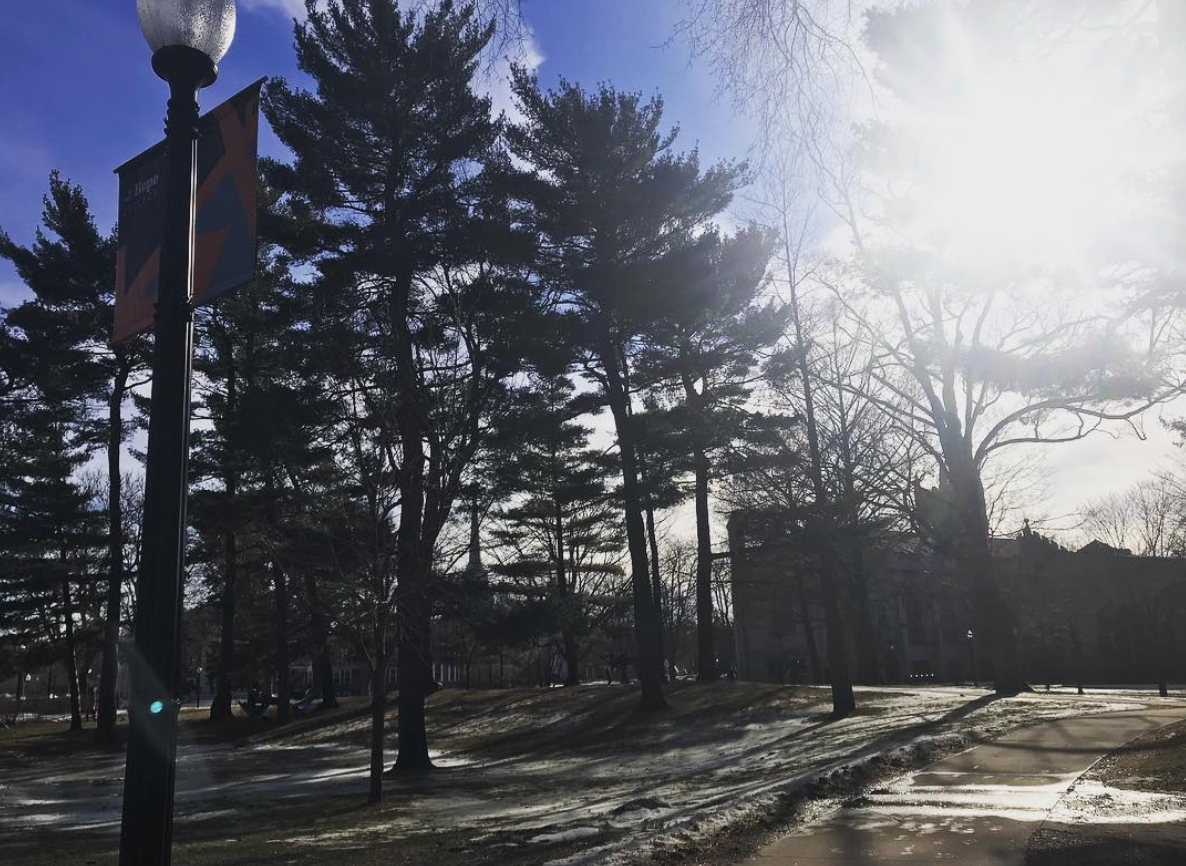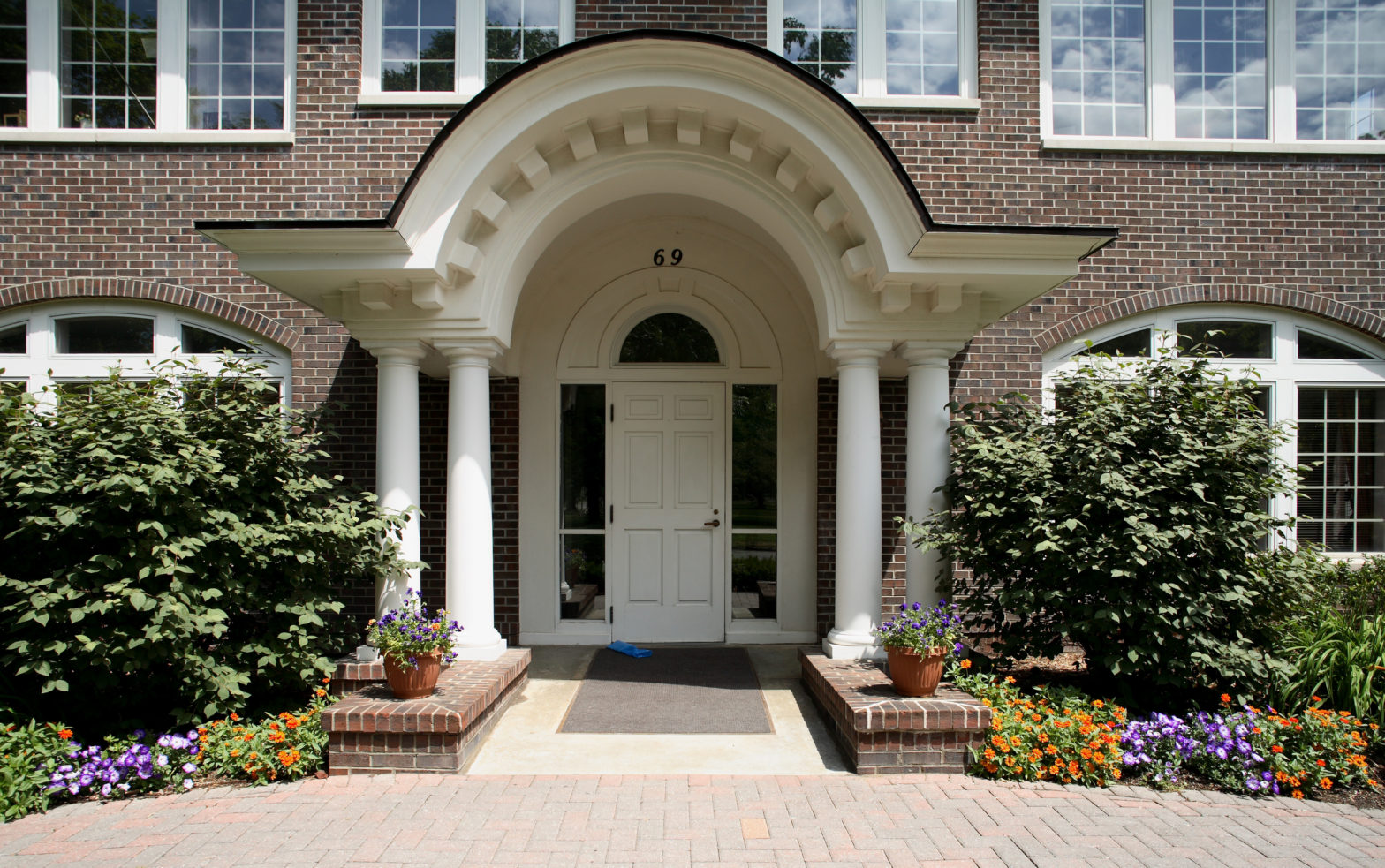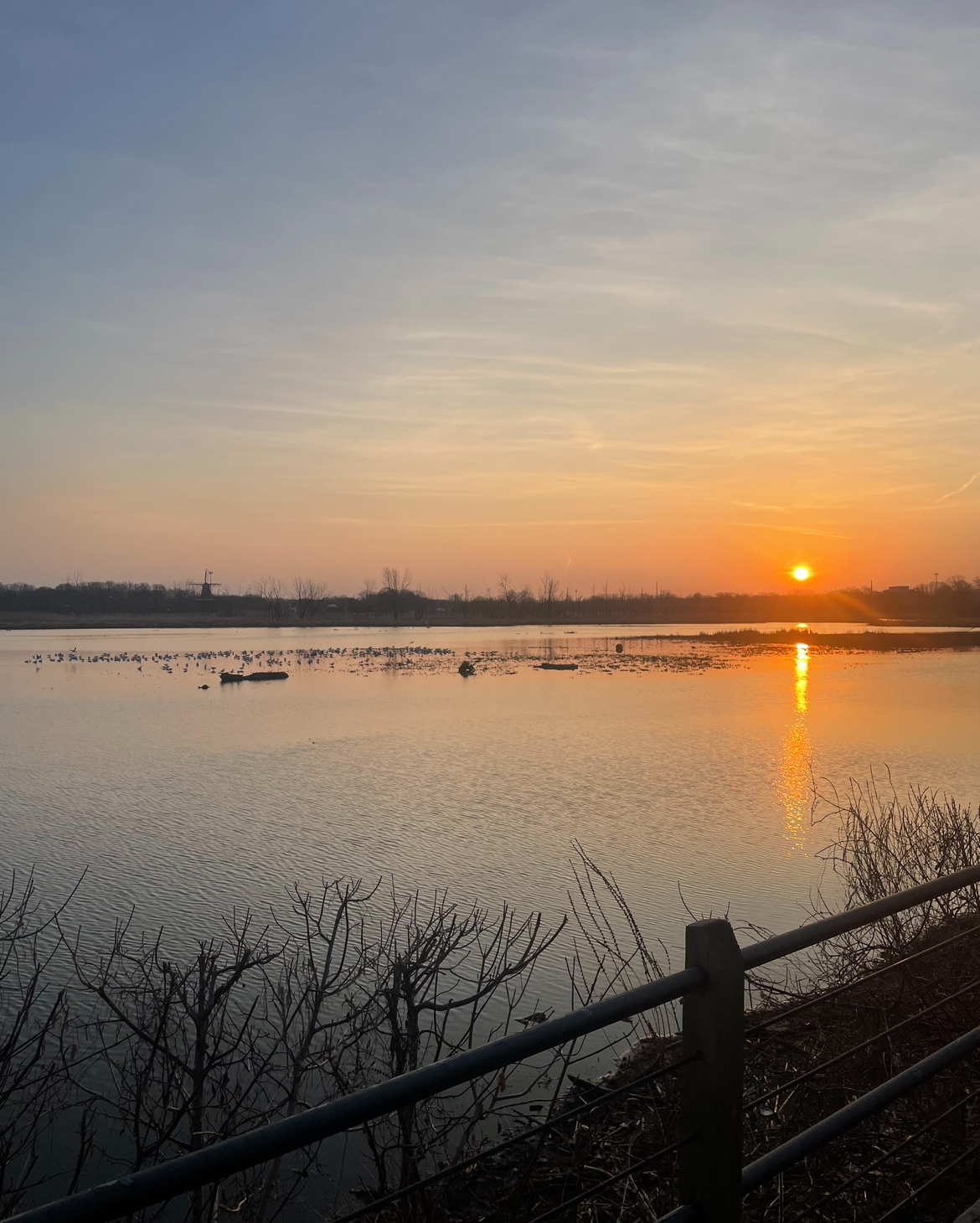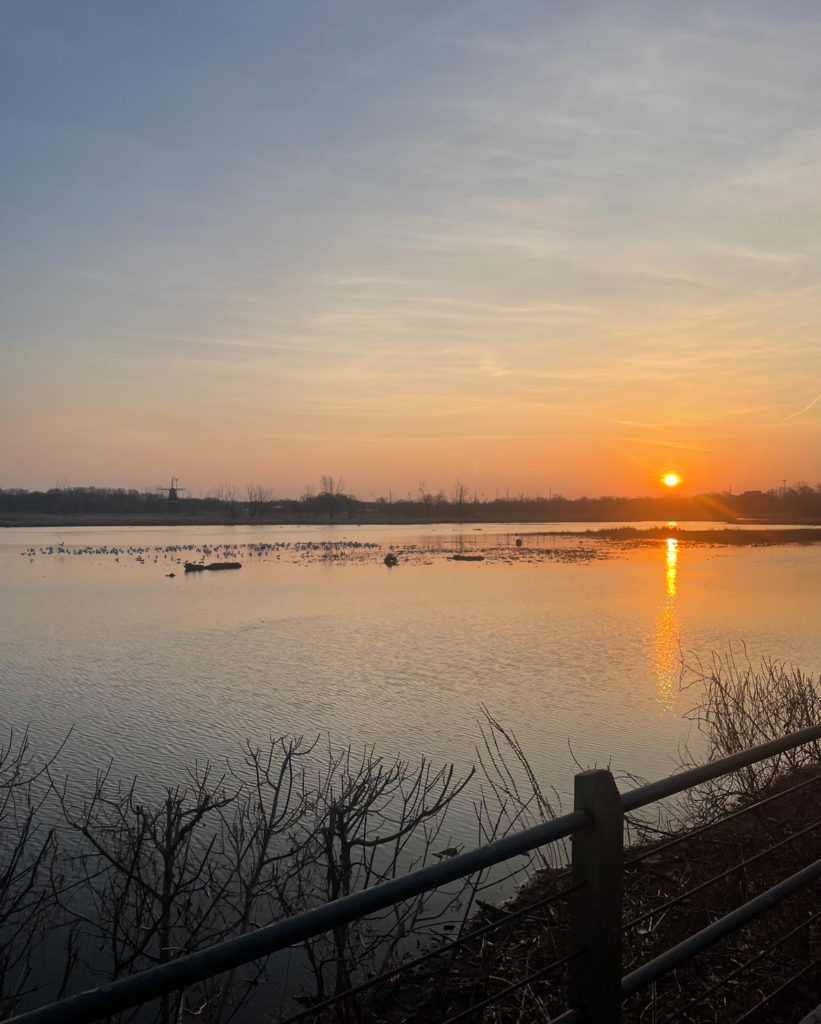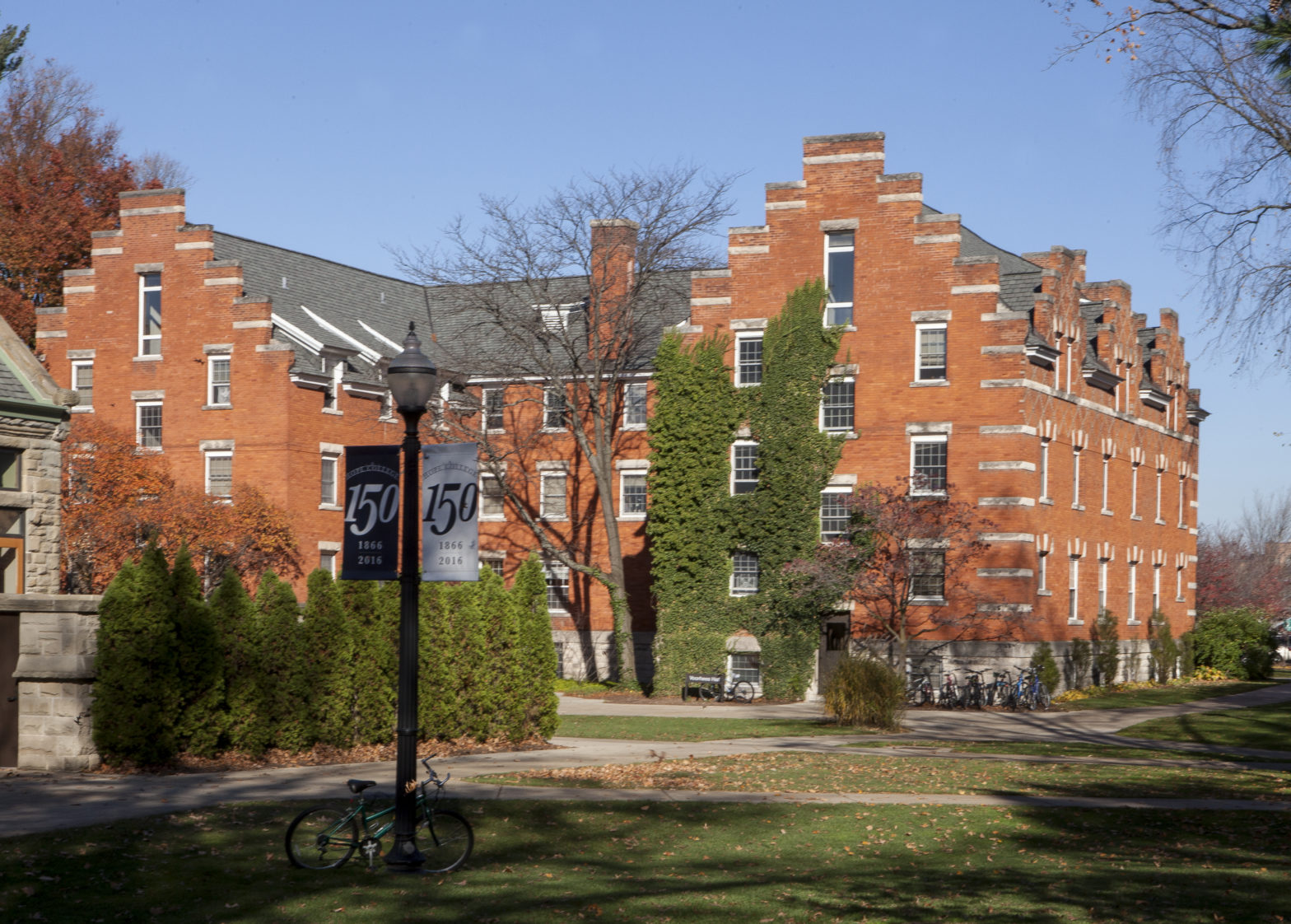Every day at Hope looks different for me, but I try to maintain a semblance of routine and productivity throughout. Let’s walk through what my day last Thursday looked like– a combination of class, work, social time, homework, and self care.
9:00 AM-11:00 AM
My morning starts every day at about 8:30 or 9:30, but I like to wake up before that to ease myself into the day. This day, I had a meeting with a professor and a group project member at 9:00, then went straight to Health Communications class from 9:30 to 10:50.
11:00 AM-12:30 PM
After class, I went to work at my on-campus job in Campus Print and Mail. I love working because it’s a good opportunity to productively disconnect from any academic stress. Every shift looks different, but usually involves receiving and sending packages, helping students, and doing homework if we have down time.
12:30 PM-1:30 PM
After work, I got lunch in Phelps with a friend from my immersion trip last year. Then, we ran to Lemonjello’s downtown to get some coffee before I had class. This was a good time to disconnect from academics before continuing on in my day.
1:30 PM-4:00 PM
At 1:30, I had my second class of the day, a philosophy gen ed. We talked about the representation of disability in literature. After class, I had a second group project meeting where we finished up a paper.
4:00 PM-4:45 PM
To disconnect from school for a bit, I went on a run downtown in the late afternoon. Running is a hobby I’ve really picked up this year, and I love it so much. It’s been an amazing way for me to disconnect from stress and take care of myself, while also getting outside and moving my body.
5:00 PM-7:00 PM
After my run, I went with a friend to our Spanish class placement. We volunteer at a nonprofit called Community Action House where we have the opportunity to both serve the Holland community and practice our Spanish. This has become a staple every week and I’ve really enjoyed engaging with Holland in a new way.
7:00 PM-10:00 PM
After coming back to campus and eating dinner, I headed to Campus Ministries– one of my favorite places to get work done. From 7 to 10, I sat with some friends and worked on a few assignments.
10:00 PM-10:30PM
At 10:00, a friend and I went on a study-break donut run. This certainly doesn’t happen every night– it was my first donut run of the semester. It was just what I needed to augment my studying, though. We walked to Good Time Donuts (a Hope College staple that’s open 24 hours!) and got a donut to share, then headed back to Campus Ministries.

10:30PM – 11:45PM
After our donut run, I finished up a little more homework at Campus Ministries, and then headed to my room and went to bed.
Every single day at Hope is definitely not quite as packed as this one was. Even when things are busy, I do my best to find moments of joy and connection throughout the day. On Thursday, I found those moments off campus at LJ’s and Community Action House, going on a donut run, and just studying and getting meals with friends. As the semester wraps up, I know these are the moments I’ll look back on.



